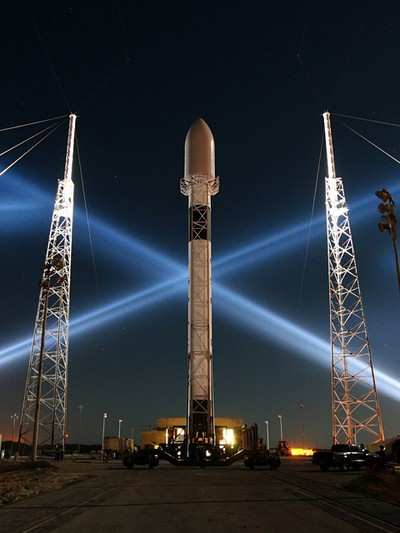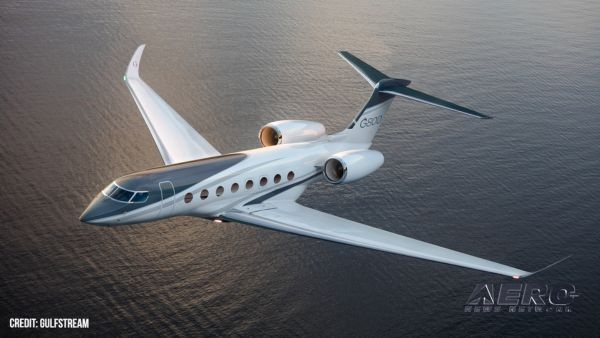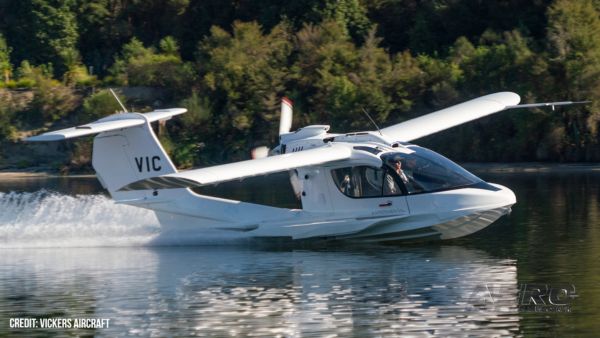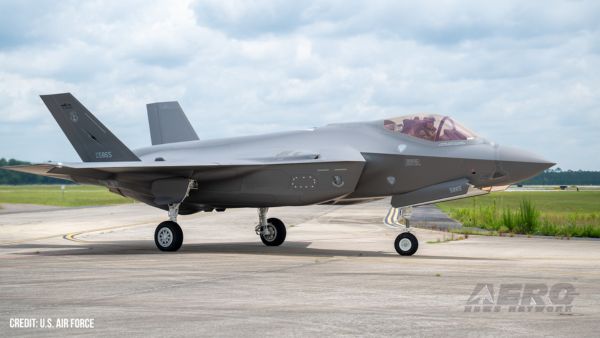Sun, Mar 14, 2010
Advertisement
More News
 ANN's Daily Aero-Linx (08.27.25)
ANN's Daily Aero-Linx (08.27.25)
Aero Linx: The American Society of Aerospace Medicine Specialists (ASAMS) The Society is a non-profit organization created to serve as a voice for and represent the professional ne>[...]
 ANN's Daily Aero-Term (08.27.25): Class C Service
ANN's Daily Aero-Term (08.27.25): Class C Service
Class C Service This service provides, in addition to basic radar service, approved separation between IFR and VFR aircraft, and sequencing of VFR aircraft, and sequencing of VFR a>[...]
 ANN FAQ: Submit a News Story!
ANN FAQ: Submit a News Story!
Have A Story That NEEDS To Be Featured On Aero-News? Here’s How To Submit A Story To Our Team Some of the greatest new stories ANN has ever covered have been submitted by our>[...]
 Airborne-NextGen 08.26.25: Iran UAV Knockoffs, X-37B Spaceplane, Army Training
Airborne-NextGen 08.26.25: Iran UAV Knockoffs, X-37B Spaceplane, Army Training
Also: ERAU Uses UAVs, P550 Group 2 UAS, Starship’s Florida Launches, NASA Missions Chopped The Air Force has put out a call to commission a one-to-one copy of the Iranian-des>[...]
 Classic Klyde Morris (08.25.25)
Classic Klyde Morris (08.25.25)
Classic Klyde Morris From 11.07.16 (and Remembering Bob...) FMI: www.klydemorris.com>[...]
blog comments powered by Disqus





